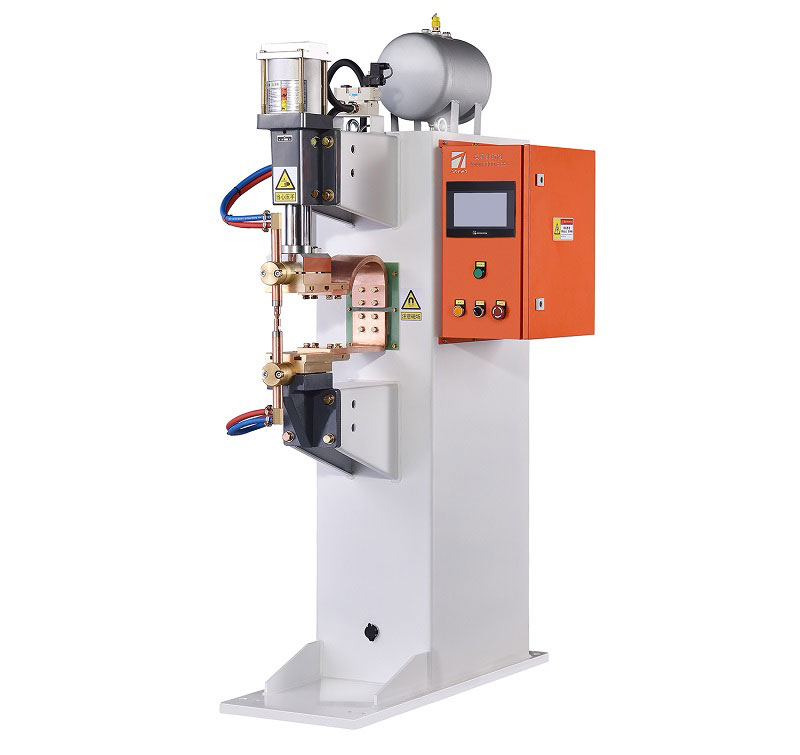What is an Electric Resistance Welding Machine Controller?
Electric Resistance Welding (ERW) is a widely used welding process that joins metals by applying pressure and heat. The success of an ERW operation largely depends on the precision and control of the welding process, and at the heart of this control lies the Electric Resistance Welding Machine Controller.
Understanding the Electric Resistance Welding Machine Controller
An Electric Resistance Welding Machine Controller is a crucial component in the ERW process, as it manages and regulates various parameters to ensure a successful weld. This controller is responsible for coordinating the power supply, electrode movement, and cooling mechanisms to achieve a secure and high-quality weld joint.
Key Functions of an ERW Machine Controller
- Power Supply Control: The controller manages the electrical power supplied to the welding circuit. It regulates the voltage and current to control the heat generated during welding. Precise control is essential to prevent overheating, which can weaken the weld.
- Electrode Movement: In ERW, two electrodes are used to clamp the metal pieces together and conduct the welding current. The controller controls the movement of these electrodes, ensuring that they apply the right amount of pressure to create a strong bond.
- Cooling System: To prevent excessive heat buildup in the welding area and protect the equipment, the controller manages the cooling system. This involves controlling the flow of coolant or other cooling methods to maintain the appropriate temperature.
- Monitoring and Feedback: An essential aspect of the controller’s function is monitoring. It constantly collects data on parameters such as voltage, current, temperature, and pressure. This data is then used to provide real-time feedback and make necessary adjustments to the welding process.
- Safety Features: Safety is paramount in any welding operation. The controller includes safety features such as emergency stop buttons and fault detection systems to ensure the protection of both the equipment and operators.
Benefits of a Reliable ERW Machine Controller
Having a well-designed and reliable Electric Resistance Welding Machine Controller offers several advantages:
- Consistency: It ensures consistent welding quality by precisely controlling all welding parameters.
- Efficiency: ERW machine controllers can optimize the welding process for efficiency, reducing energy consumption and production costs.
- Versatility: These controllers can be programmed for various welding applications and are adaptable to different materials and thicknesses.
- Quality Assurance: The real-time monitoring and feedback features help in maintaining high-quality welds, reducing the likelihood of defects or subpar weld joints.
In conclusion, the Electric Resistance Welding Machine Controller is the brain behind the precision and control required for successful ERW operations. It orchestrates the power supply, electrode movement, cooling, and safety aspects, ensuring that every weld is a strong and reliable connection. Without this critical component, achieving consistent and high-quality welds in the world of metal fabrication would be a far more challenging task.
